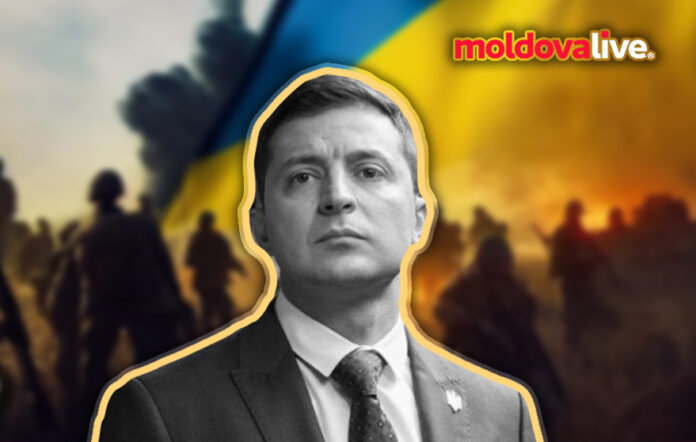Two years of war in Ukraine. Russia invaded Ukraine on Feb. 24, 2022. Two years later, the war is in an uncertain phase.
Ukraine exceeded the expectations of many around the world by surviving and then driving back Russian forces in the first year of the war. But the second year was largely defined by brutal clashes, with no major breakthroughs on land by either side, the NYT reports.
The war’s third year opens with Ukraine on the defensive and struggling to hold the line as it finds itself outmanned and outgunned, much as it was in the first days of the war.
To get a sense of where the war stands and where it is going, I spoke with Marc Santora, who is in Kyiv and has covered the war since the beginning.
Amelia: Russia just took Avdiivka, winning a major symbolic victory. Does that mean it has the momentum right now?
Marc: This winter is probably the most precarious position that Ukraine has found itself in since the first weeks of the war. And, as we get into this third year, the advantage is definitely with Russia.
The Russians know that this is a moment of Ukrainian weakness. There are two main reasons for that.
First: The U.S. military aid has been stopped for months, and it’s unclear if or when more will come. On my trips to the front, whenever you talk to any commander, it is the No. 1 thing they talk about: Lack of ammunition and resources.
And second: Manpower. The less ammunition they have, the deadlier the battles become for the Ukrainians. And they’re already struggling to get people to fill forces that are depleted after two years of fighting.
What is your sense of the mood — on the front, and in Kyiv?
There is a sense of exhaustion that is palpable.
The soldiers are still as determined as ever. But they’re exhausted. Many of them haven’t had breaks in months and months at a time. They haven’t seen their families. And, for civilians, how do you measure exhaustion? One way is the daily air alarms. By certain counts, there have been 3,000 to 5,000 hours of alarms. That’s four months that people are spending in a bunker. It’s sort of hard to get your head around.
The government doesn’t release figures about the death toll, but there are funerals every day. Everyone here knows someone who has been killed or injured in the fighting. It is a country in perpetual mourning. Still, remarkably, recent polls suggest 90 percent believe they will win the war — as long as they have the support of their allies.
How has your thinking on the future of the war changed in recent weeks or months?
It’s going to be a long war that will probably only grow deadlier. And I don’t think people have really wrestled with what a Ukrainian loss would look like.
Ukraine losing doesn’t just mean some new government. Ukraine truly losing means that you will have a massive amount of bloodshed, a massive new refugee crisis, you’ll have Russia on the borders of NATO nations, and emboldened. The consequences are big.
Most military analysts believe that if Ukraine can hold the line and rebuild its forces this year, they may be in a better position to go on the offensive. So you could see — not next year — but the year after being the decisive year. But war is wildly unpredictable.
This year, it is a year of rebuilding strength in terms of manpower and military capabilities, and, at the same time, while rebuilding, having to defend and prevent any new major Russian gains.
FOR THE MOST IMPORTANT NEWS, FOLLOW US ON TWITTER!


